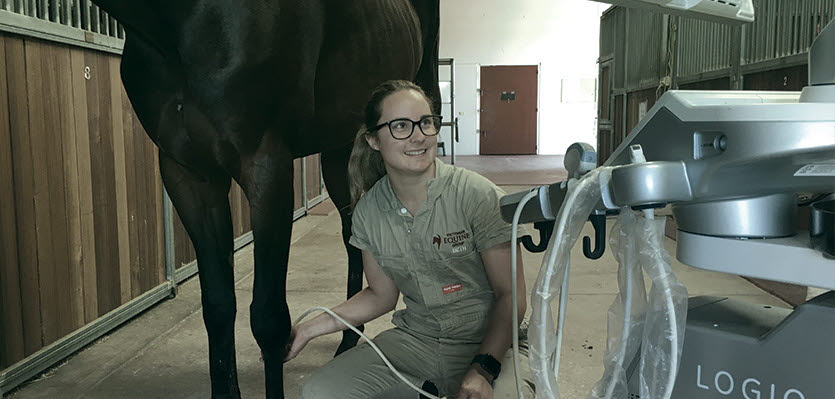
When your pet falls ill or sustains an injury, it’s reassuring to know that your local veterinarian is ready and able to care for your pet in their time of need. But did you know that veterinarians also play important roles in food safety, biosecurity, research and combatting antimicrobial resistance (AMR)?
This World Veterinary Day we are taking a moment to celebrate the contributions of the veterinary profession around the world.
The theme of World Veterinary Day in 2019 is the ‘Value of Vaccination’. Did you know that vaccines are one of the most important tools available to veterinarians? Vaccines work by stimulating an animal’s immune system to help fight off a certain disease. In response to the vaccine, the animal’s immune system creates specific proteins and immune cells called ‘memory T cells’ that will help protect the animal into the future. Animals often require booster vaccines, as the immune system’s memory and ability to respond is usually not lifelong.
Vaccines protect animals against some of the deadliest diseases and prevent the suffering and death of countless animals every year. Vaccines also help ensure the livelihood of farmers, by protecting animals against diseases that can severely impact production. Diseases in livestock cause not only suffering for the animals but also reduced growth and milk yield. Other vaccines have a dual purpose of protecting animals and protecting people, such as the rabies vaccine which is the most important method of controlling rabies outbreaks around the world.
Veterinarians are on the front line playing a key role daily in protecting against disease outbreaks, preserving the health of animals and fighting AMR by engaging in the responsible use of antibiotics.
Many diseases that vaccines are available for have no treatment and no cure. Diseases such as rabies cannot be treated and are fatal, so vaccination is the only way to prevent infection if exposed to the virus. Although vaccines are often used to protect animals against viruses, they are also used to protect against types of bacteria too. Coxiella burnetti, the causative agent of Q Fever in humans, is a type of bacteria that is found associated with many animals and causes illness in humans. There is a human vaccine for Q Fever and veterinary professionals are often vaccinated against it due to their high risk of exposure.
Veterinarians can be found in a wide range of roles. From inspecting animals and ensuring food safety in abattoirs, to investigating disease outbreaks in wildlife or on farms, veterinarians play a role in both human and animal safety.
For more information on what roles veterinarians undertake in society as well as how to become a veterinarian, check out the following articles:
